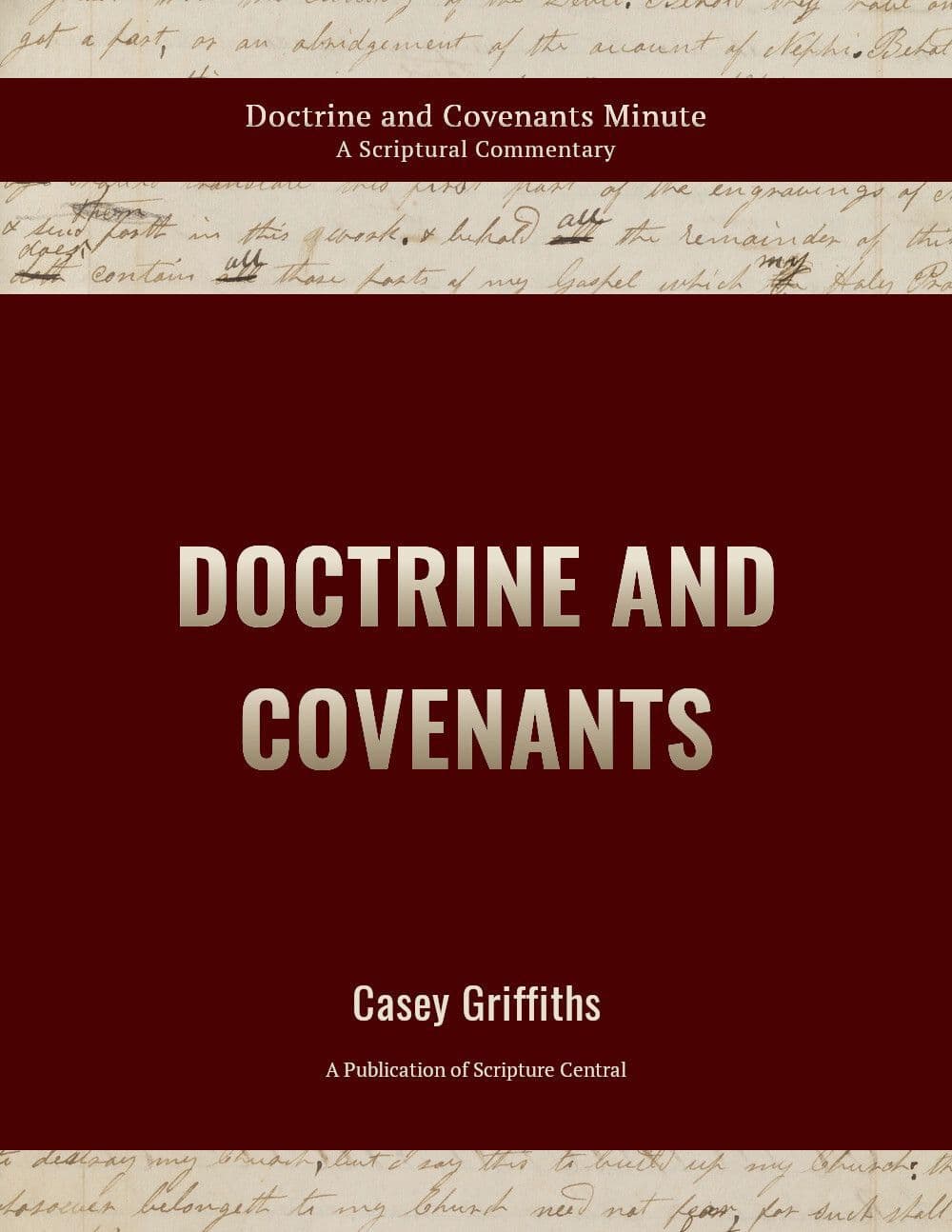Book
144 Chapters

Less than a day after James Covel was given the revelation found in Doctrine and Covenants 39, he departed from Fayette, New York, and never returned. Joseph Smith later wrote, “As James [Covel] rejected the word of the Lord, and returned to his former principles and people, the Lord gave me and Sidney Rigdon the following revelation, explaining why he obeyed not the word” (JS History, 1838, p. 92, JSP). It appears that James Covel was never baptized into the Church. Disobeying the Lord’s commandment to gather with the Saints to the Ohio, he remained behind and died in February 1850 in New York City.1
“Historical Introduction,” Revelation, 6 January 1831 [D&C 40]
1 Behold, verily I say unto you, that the heart of my servant James Covel was right before me, for he covenanted with me that he would obey my word.
2 And he received the word with gladness, but straightway Satan tempted him; and the fear of persecution and the cares of the world caused him to reject the word.
3 Wherefore he broke my covenant, and it remaineth with me to do with him as seemeth me good. Amen.
The sad story of James Covel is in many ways a capstone of the revelations in Doctrine and Covenants 30–40. These revelations introduce many of the new converts who gathered during the first six months after the Church was organized. Some of these converts, like James Covel (D&C 39–40) and Northrop Sweet (D&C 33), remained with the faith for only a short time, their testimony quickly withering. Others, like Ziba Peterson and Ezra Thayer (D&C 32; 33), remained faithful for a few years and then gradually drifted away. Others, like David Whitmer, John Whitmer, and Sidney Rigdon (D&C 30; 35), became influential Church leaders but fell into apostasy and lost their Church membership. Some of these converts, like Orson Pratt and Thomas B. Marsh, went through a faith crisis and lost their membership but later returned. Orson Pratt was lost from the faith for only a few months, while Thomas B. Marsh wandered for eighteen years before he returned to the faith. Both died in full fellowship. Finally, some of these converts, like Peter Whitmer Jr., Parley P. Pratt, and Edward Partridge (D&C 30; 32; 34; 36), remained faithful to their testimony throughout the rest of their lives and died in the faith. In their lives is fully reflected the Savior’s parable of the sower (Matthew 13:1–9, 18–23), in which some seeds landed on hard and rocky ground, some among thorns and bushes, and some on good ground.
Commenting on the blessings given in this part of the Doctrine and Covenants, President Harold B. Lee said,
I heard President Howard Bennion, who was a scribe for his father, a patriarch, tell about listening to many of the blessings of his father. He noticed in these patriarchal blessings that they were contingent upon “if you do this,” or “if you do that.” He said, “I began to call them ‘iffy blessings.’” He said, “As I watched and had in mind those men to whom those ‘iffy’ blessings had been given, . . . I noticed that those who did not heed the warnings fell by the wayside.”
As you know, that started me to thinking. I looked back through the revelations in the early rise of this church, and I found that the Lord had given “iffy” revelations to many of the early leaders. If you want an interesting exercise, read what the Lord said about William E. McLellin, or what he said and what he warned about Thomas B. Marsh; and because they did not heed that warning, as others did, they failed. They lost their testimony and fell by the wayside.
I repeat to you here this morning something President Grant once said that rather startled me. He said he had heard of men who declared that they had had a personal visitation from the Lord. And then President Grant added, “Some of those who had that experience lost their testimonies. It seemed that they became puffed up in the pride of their hearts, perhaps thinking that they were more special to the Lord than others who had not received the same experience.” And I say when one receives that kind of a visitation, it must be that he has had a vision; for, as Moses said, one couldn’t stand in the presence of the Lord except he had been quickened by the Spirit of the Lord (Moses 1:13–15).”2
Book
144 Chapters
Items in the BMC Archive are made publicly available for non-commercial, private use. Inclusion within the BMC Archive does not imply endorsement. Items do not represent the official views of The Church of Jesus Christ of Latter-day Saints or of Book of Mormon Central.